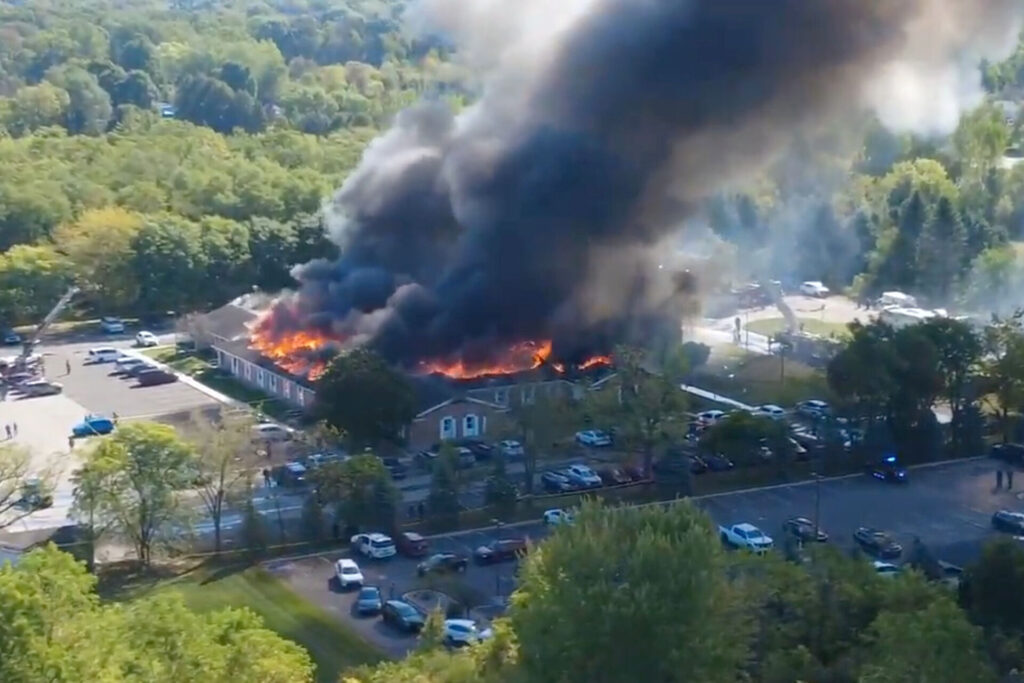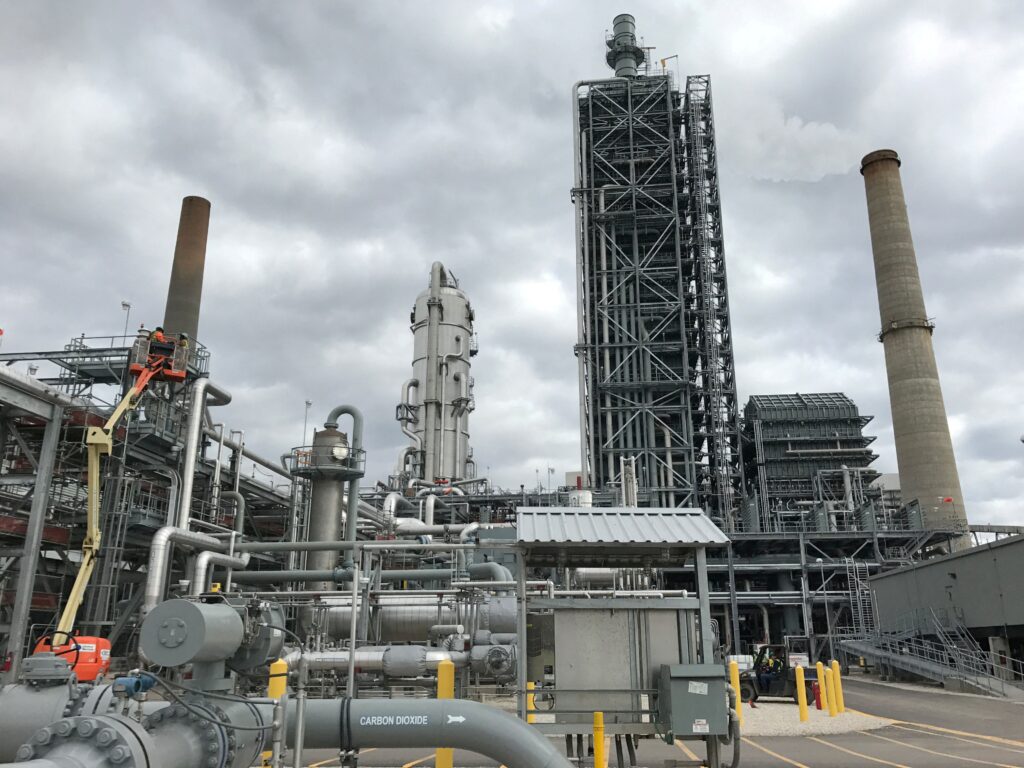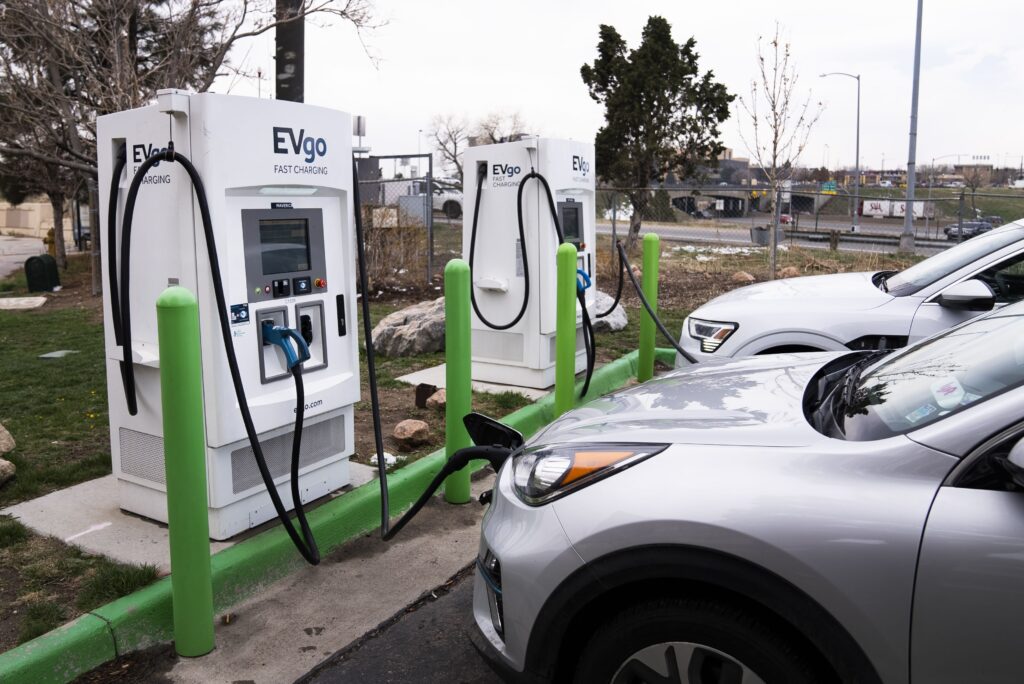EPA to label Denver-area ozone problem as ‘serious’

The U.S. Environmental Protection Agency has announced that it will reclassify the Denver metro area from “moderate” to “serious” because of a continuing inability to reach safe ozone standards.
“EPA is taking this action based on monitoring data showing that ozone remains a challenge in Denver and northern Front Range communities,” said EPA regional administrator Gregory Sopkin on Monday, citing data collected between 2015 and 2017.
Under the federal Clean Air Act, the state now has to revise its plan to mitigate ozone and implement additional controls. The executive director of the Colorado Department of Public Health and Environment, Jill Hunsaker Ryan, said that the department is “on it.”
“We already adopted a zero-emission vehicle rule this year,” she said. “We are pursuing additional resources that will allow us to nearly double our capacity to inspect oil and gas production facilities.”
Ryan added that starting today, the Colorado Air Quality Control Commission will begin its hearing on proposed rules under Senate Bill 181 that will reduce pollution and unnecessary leaks at oil and gas operations.
Rep. Chris Hansen, D-Denver, a former energy consultant, anticipates that broader measures to tackle climate change will also improve the region’s air quality.
“One of the factors that exacerbates ozone pollution is hotter summer weather, which has increased in Colorado due to carbon pollution and climate change,” he said. “The legislature will bring forward a number of measures this session to further reduce carbon emissions and show leadership in the face of regressive climate policies from the White House.”
The ozone non-attainment area covers Denver, Boulder, Jefferson, Adams, Arapahoe and Douglas counties, and portions of Weld and Larimer counties. In August, the EPA issued notice of its intent, setting Aug. 3, 2020, as the deadline for Colorado to revise its improvement plan.
Ground-level ozone forms from reactions between volatile organic compounds and nitrogen oxides, contributing to smog or haze. In humans, ozone can inflame airways and induce asthma attacks.
Since 2012, the EPA has consistently downgraded the region’s ozone problem from “marginal” to “moderate,” and now to “serious.”
Colorado Politics Must-Reads:













